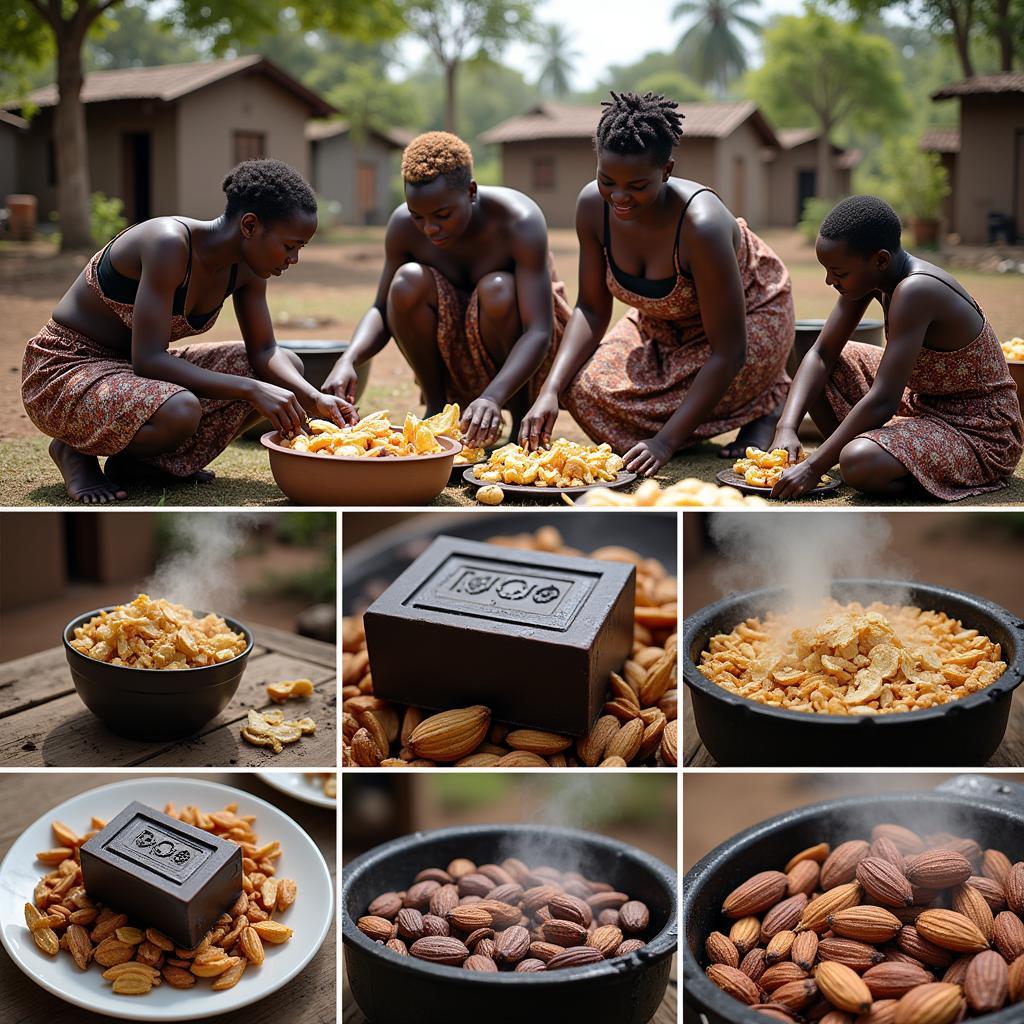Understanding African Divisions: Beyond the Single Narrative
The term “African Divisions” often evokes thoughts of geographical borders or ethnic differences. While these aspects exist, it’s crucial to delve deeper and understand the multifaceted nature of divisions within the continent. This article aims to provide a nuanced perspective, exploring the historical, political, and socio-economic factors contributing to the complexities of “African divisions.”
A Continent Forged by History: Colonialism and its Legacies
One cannot discuss “African divisions” without acknowledging the profound impact of colonialism. The arbitrary borders drawn during the Scramble for Africa disregarded existing ethnic and cultural boundaries, often grouping together disparate groups and creating tension. This legacy of colonialism continues to fuel conflicts, political instability, and hinders regional integration in many parts of Africa.
Beyond Borders: Ethnic and Cultural Diversity
Africa is a continent of incredible diversity, boasting a rich tapestry of ethnicities, languages, and cultural practices. While this diversity is a source of immense pride and heritage, it has also been manipulated to create divisions. Ethnic tensions, often fueled by political opportunism and competition for resources, have led to conflicts and instability in several African nations.
However, it is important to remember that cultural and ethnic diversity does not inherently lead to division. Many African nations celebrate their multicultural heritage, promoting unity and understanding among different groups.
The Struggle for Resources: Economic Disparities and Inequality
Economic disparities within and between African countries represent another layer of “African divisions.” Unequal access to resources, coupled with historical injustices and exploitation, has led to significant income inequality. This economic imbalance fuels social unrest, migration, and hinders sustainable development across the continent.
Bridging the Divide: Towards a More United Africa
Despite the challenges posed by these divisions, there is a growing movement towards unity and integration across Africa. The African Union, regional economic blocs, and grassroots organizations are working tirelessly to foster collaboration, promote peace, and address the root causes of division.
For example, the African Continental Free Trade Area (AfCFTA) aims to boost intra-African trade and economic cooperation, creating opportunities for shared prosperity. Similarly, initiatives promoting cultural exchange and dialogue are crucial for fostering understanding and breaking down stereotypes.
Looking Ahead: Embracing Complexity and Building Bridges
Understanding “African divisions” requires moving beyond simplistic narratives and acknowledging the intricate interplay of historical, political, and socio-economic factors. While challenges remain, the continent is actively working towards a future where unity, cooperation, and shared prosperity prevail.
By recognizing the multifaceted nature of these divisions, we can engage in more informed and constructive conversations about Africa, appreciating its complexities while working towards a brighter future for all.

